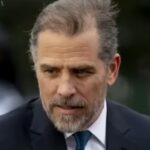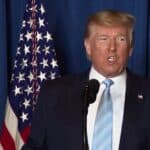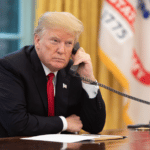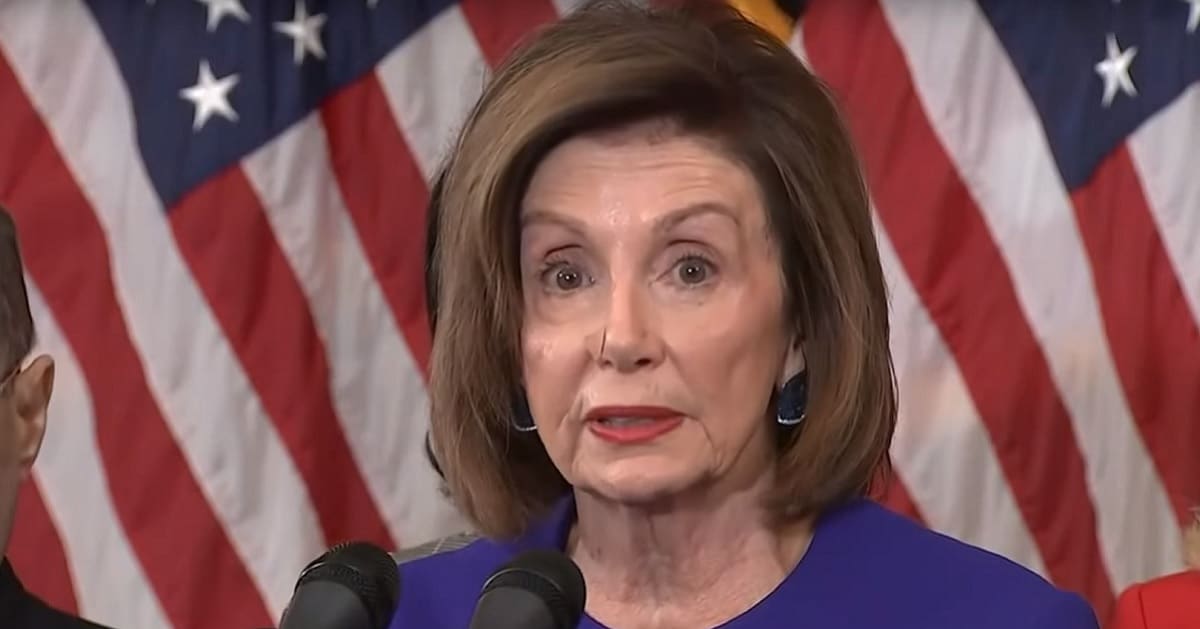

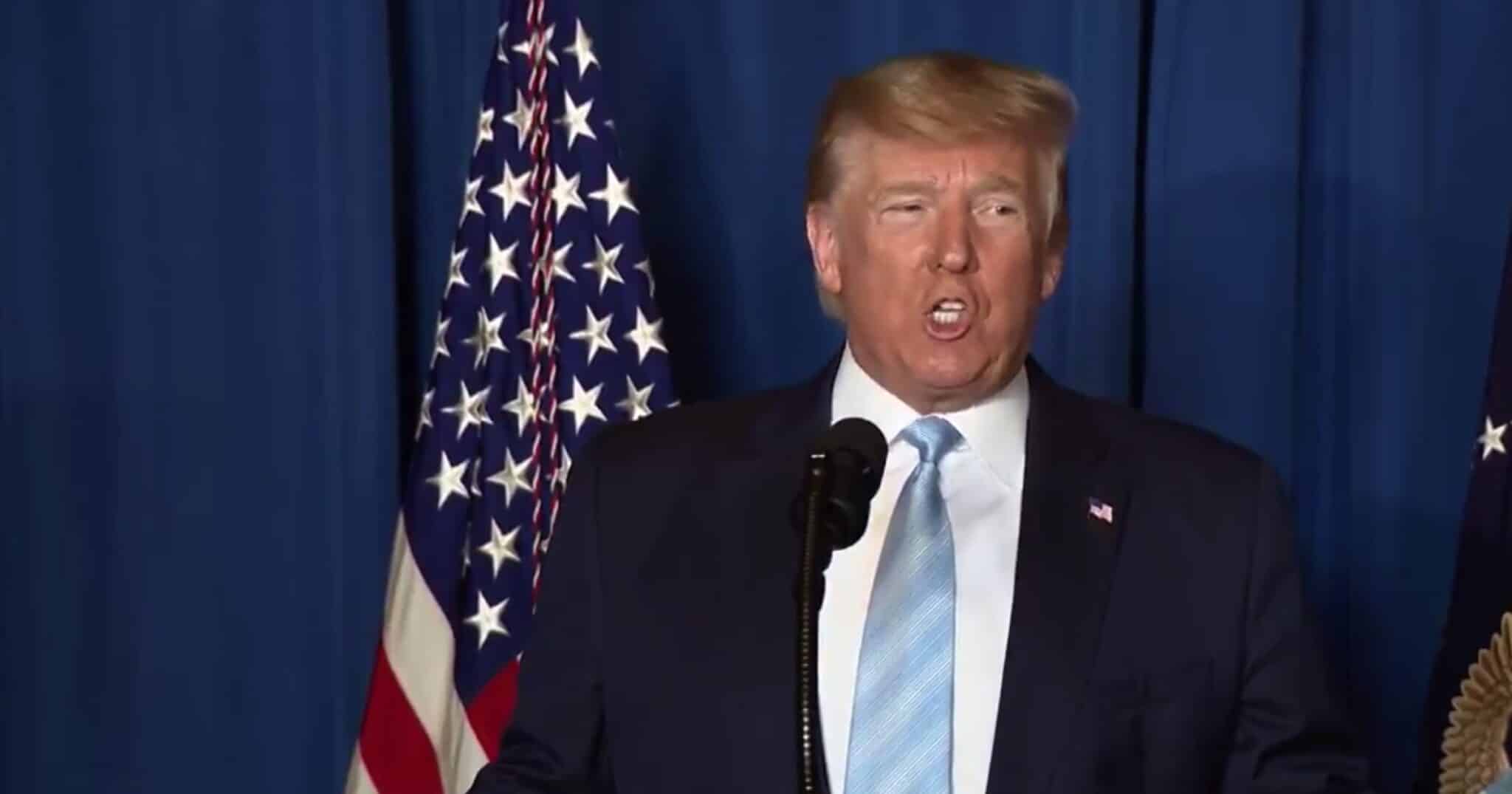
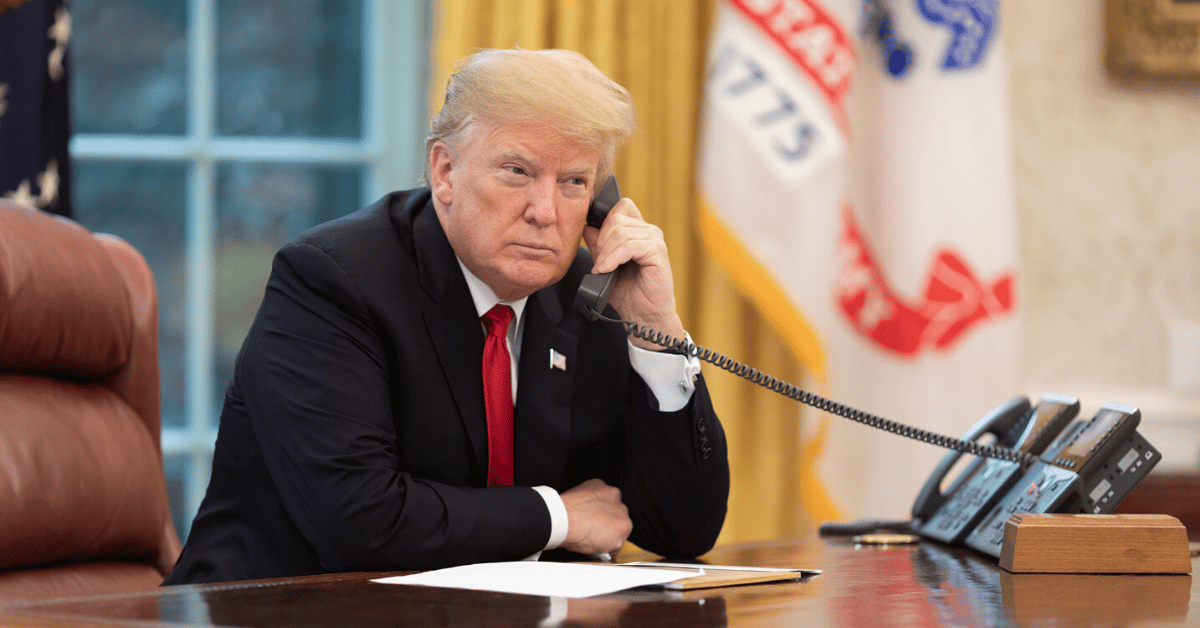

In a week set to shape the future of U.S. security protocols, Congress gears up to delve into the assassination attempt on former President Donald Trump with three high-stakes hearings.
Just The News reported that this series of House hearings, involving testimonies from key security directors, aims to unravel the intricate details behind the operational failures at a recent Pennsylvania rally.
The week will witness a sequence of probing sessions scheduled by the House Oversight Committee, the Homeland Security Committee, and the Judiciary Committee. Each aims to scrutinize the events leading to the security breach during Trump's re-election campaign rally.
Director Kimberly Cheatle of the Secret Service and FBI Director Christopher Wray are under the spotlight, expected to testify about the specifics of the security shortcomings that allowed for this breach.
The House Oversight Committee's session starts the week, focusing on Cheatle's insights before she joins Wray for further discussions in the subsequent meetings.
At the heart of this investigation is the assassination attempt that occurred in Butler, Pennsylvania.
The attack resulted in tragic casualties - one killed and three injured during a gathering just days before the National Republic Convention.
Specific attention is being directed towards understanding why certain security resources, despite being requested, were not allocated to Trump’s security detail at the event.
Insufficient local police resources and reportedly unprepared USSS personnel at the rally contribute to the critical assessments of the security framework in place that day.
In response to the incident, Secrets Service Director Cheatle acknowledged her responsibility but refused to resign. Her public commitment highlights her intent to address these lapses head-on.
Furthermore, internal sources and accusations suggest that pre-event briefings had flagged the possibilities of such a resource gap, yet adequate preparations were evidently lacking.
A startling revelation from the event also noted that Thomas Matthew Crooks, identified post-event as the assailant, was initially spotted but not sufficiently intercepted due to these gaps.
Both Democratic and Republican members of the House Oversight Committee have expressed their unified stance on the necessity to address these serious security failings thoroughly.
Statements from leading committee members highlight the urgency and significance of Director Cheatle's forthcoming testimony.
They emphasize the need for transparency and accountability from the leading security agencies involved.
This bipartisan approach underscores the gravity of the situation and the collective Congressional intent to rectify these critical vulnerabilities.
Detailed inquiries are expected to address every aspect of the operational execution at the rally, investigating both the strategic decisions made and the physical security measures implemented or omitted at the scene.
The testimonies set for this week by Directors Cheatle and Wray, alongside Secretary Alejandro Mayorkas, aim to provide comprehensive explanations regarding the choices that led to this near-fatal oversight.
Insights into the decision-making processes, resource allocations, and immediate responses to the unfolding crisis will be crucial in understanding how such a significant breach occurred.
In conclusion, the series of hearings this week serves as a pivotal moment for U.S. security operations, dissecting the critical lapses that endangered a former president and outlining measures to prevent such incidents in the future.
With full transparency, the testimonies from the high-ranking security officials aim to restore faith in the systems designed to protect the nation's leaders, ensuring that the harrowing events of Butler, Pennsylvania, are not repeated.
